Number Properties Puzzle – Challenge 5
This is a great mathematics critical thinking challenge for those who love math puzzles and challenges. Let’s see if you can solve this math puzzle!
[include_netrun_products_block from-products="product/ged-math-test-prep-in-30-days-complete-study-guide-and-test-tutor-for-ged-mathematics-the-ultimate-book-for-beginners-and-pros-two-practice-tests/" product-list-class="bundle-products float-left" product-item-class="float-left" product-item-image-container-class="p-0 float-left" product-item-image-container-size="col-2" product-item-image-container-custom-style="" product-item-container-size="" product-item-add-to-cart-class="btn-accent btn-purchase-ajax" product-item-button-custom-url="{url}/?ajax-add-to-cart={id}" product-item-button-custom-url-if-not-salable="{productUrl} product-item-container-class="" product-item-element-order="image,title,purchase,price" product-item-title-size="" product-item-title-wrapper-size="col-10" product-item-title-tag="h3" product-item-title-class="mt-0" product-item-title-wrapper-class="float-left pr-0" product-item-price-size="" product-item-purchase-size="" product-item-purchase-wrapper-size="" product-item-price-wrapper-class="pr-0 float-left" product-item-price-wrapper-size="col-10" product-item-read-more-text="" product-item-add-to-cart-text="" product-item-add-to-cart-custom-attribute="title='Purchase this book with single click'" product-item-thumbnail-size="290-380" show-details="false" show-excerpt="false" paginate="false" lazy-load="true"]
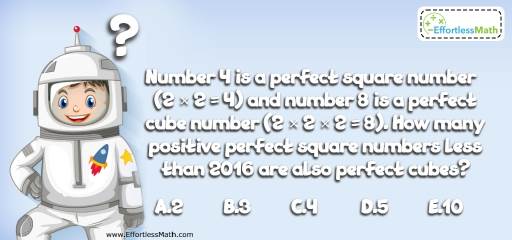
Challenge:
Number 4 is a perfect square number (2 × 2 = 4) and number 8 is a perfect cube number (2 × 2 × 2 = 8). How many positive perfect square numbers less than 2016 are also perfect cubes?
A- 2
B- 3
C- 4
D- 5
E- 10
The Absolute Best Book to Challenge Your Smart Student!
The correct answer is B.
Because there aren’t that many perfect squares less than 2016 that is also a perfect cube, let’s look for the smallest perfect square number. This happens to be number 1. It is a perfect square number (1 × 1 = 1) and a perfect cube number (1×1×1=1). To find the next positive perfect square number less than 2015 that is also a perfect cube, let’s take a look at number 2. \(2^{2} = 4\) is a perfect square and \(2^{3} = 8\) is a perfect cube number and \((2^{2})^{3} = 2^{6} = 64\), which is both a perfect square and cube number. Next perfect square and cube number with the base of 2 is \((2^{6})^{2} =2^{12} = 4096\), which is greater than 2016.
With the same method, \(3^{6} = 729\) is the next perfect square number and cube. \(4^{6} = 4096\) is a perfect square and cube number, but is bigger than 2016. Therefore, numbers 1, 64 and 729 are the perfect square and cube numbers less than 2016.
The Absolute Best Books to Ace Algebra
Related to This Article
More math articles
- FREE 5th Grade ACT Aspire Math Practice Test
- Grade 10 Math Worksheets: FREE & Printable
- 4th Grade ACT Aspire Math FREE Sample Practice Questions
- How to Complete a Function Table from an Equation
- 7th Grade MAP Math FREE Sample Practice Questions
- How to Scale a Function Vertically?
- Overview of the PSAT / NMSQT Mathematics Test
- 7th Grade OST Math Practice Test Questions
- How to Unravel the Ties: Relationships Between Decimal Place Values
- How to Use Box Multiplication Method
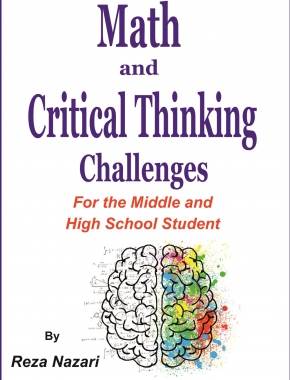
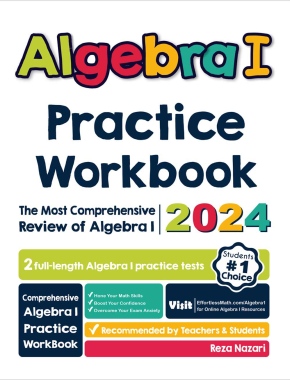

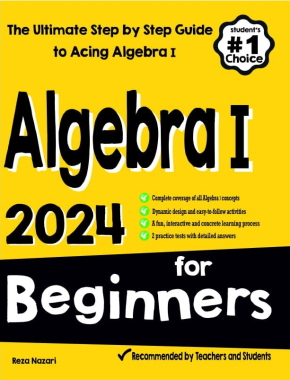
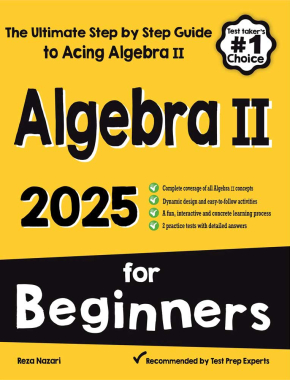
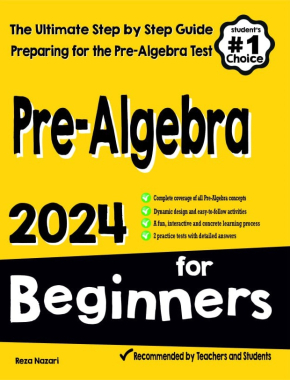
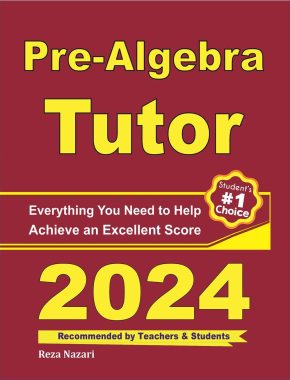
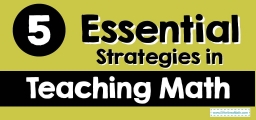
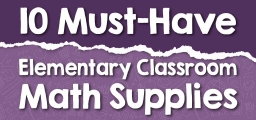
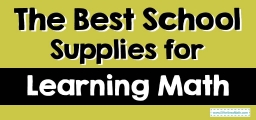
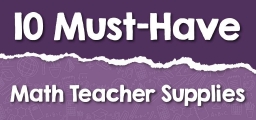
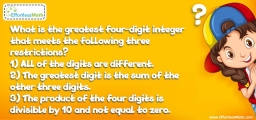
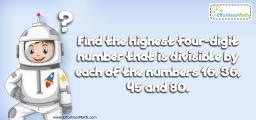
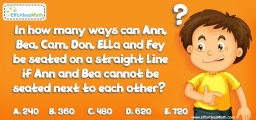
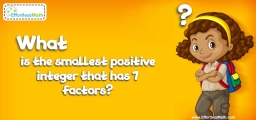
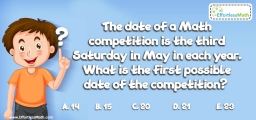
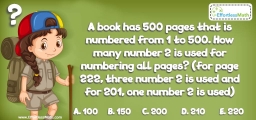
What people say about "Number Properties Puzzle – Challenge 5 - Effortless Math: We Help Students Learn to LOVE Mathematics"?
No one replied yet.